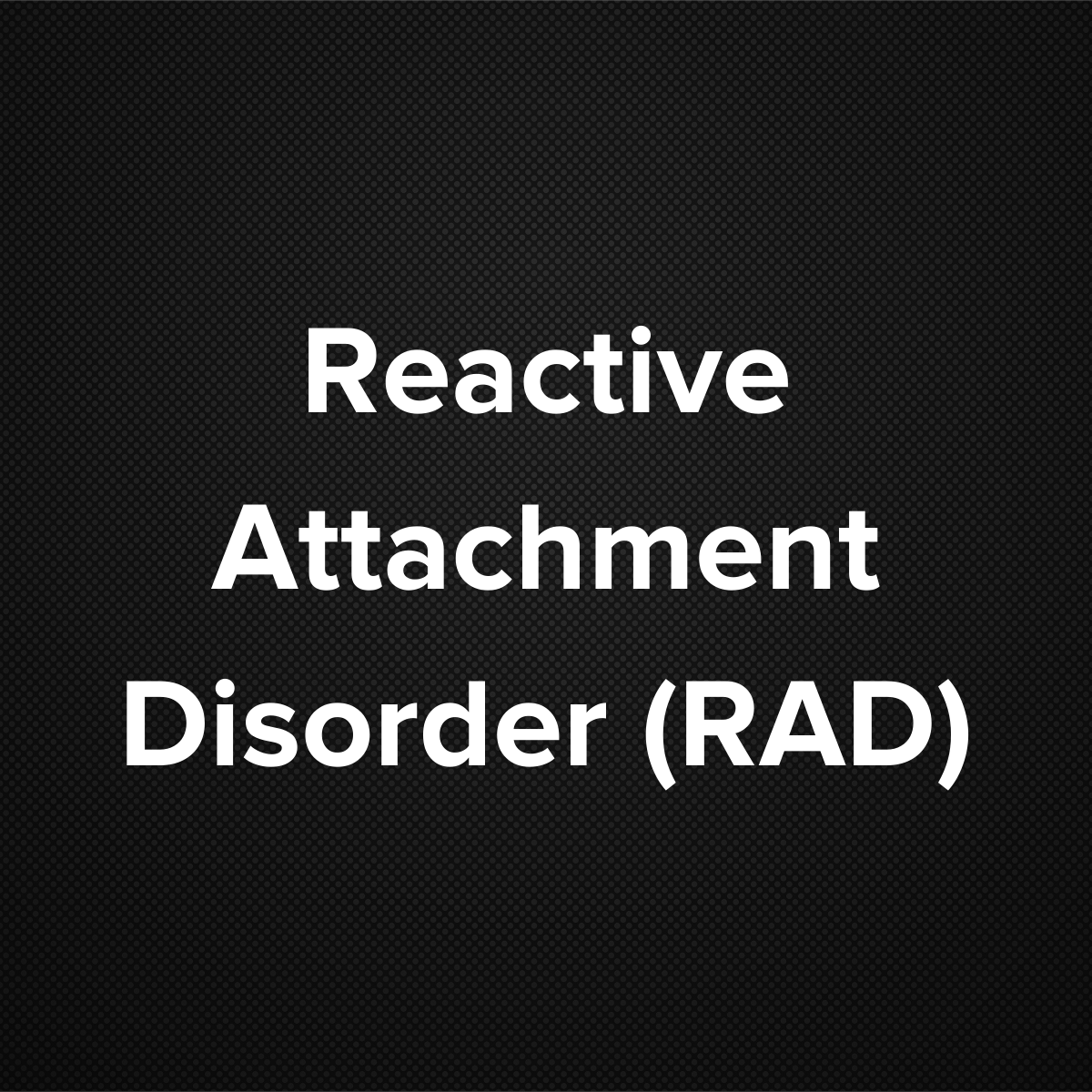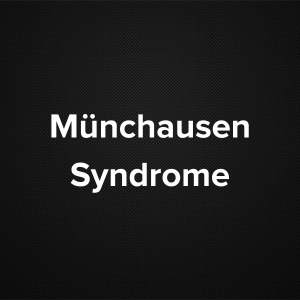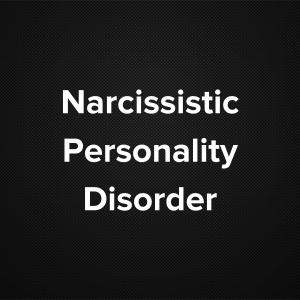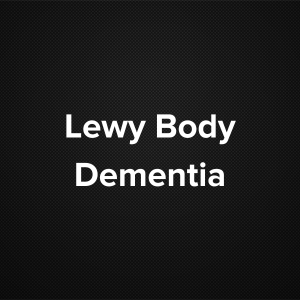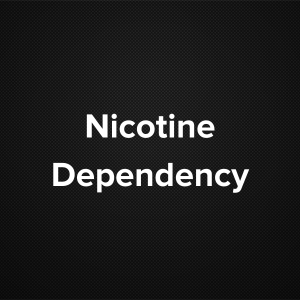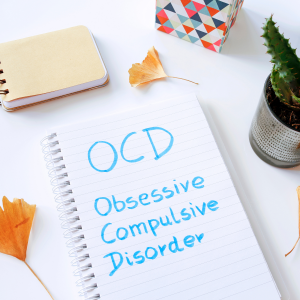Causative and risk factors
Reactive attachment disorder (RAD) can develop when basic needs such as comfort, affection, nurturing are not met. This may be due to the facing neglect or abuse by the parent. It can also be caused due to a frequent change of caregivers or separation from the primary caregiver. Children of inexperienced, inattentive, self-centered or depressed parents may develop RAD. Those living in foster homes are more prone for this condition.
Clinical presentation
Reactive attachment disorder (RAD) is of two types: inhibited and disinhibited.
Children with inhibited reactive attachment disorder are emotionally detached and withdrawn. Any attempt to comfort them or get close to them is resisted. They prefer to be on their own most of the times. Smiling or other emotional responses are absent.
Children with disinhibited reactive attachment disorder become excessively dependent upon others. They are always anxious and try to form attachments with strangers too.
Investigations
The diagnosis of RAD is based upon thorough evaluation of the child by a psychiatrist. Certain criteria have been laid down by the Diagnostic and Statistical Manual of Mental Disorders (DSM) for the diagnosis of RAD:
- Severely disturbed and developmentally inappropriate social relationships on most occasions. The disturbance is not due to developmental delay and does not meet the criteria for pervasive developmental disorder.
- Onset before five years of age
- Being excessive friendly and familiar with strangers
- A history of significant neglect
- Repeated change in the child’s primary caregivers
Treatment
The treatment for reactive attachment disorder will depend upon the individual child. It may include counseling of the parents as well the child, the use of medications and teaching parental skills.
With treatment, children usually show considerable improvement in their ability to form healthy relationships. In the absence of treatment, the child may eventually develop depression, learning difficulties, addictions, low self esteem and problems in forming future relationships.
